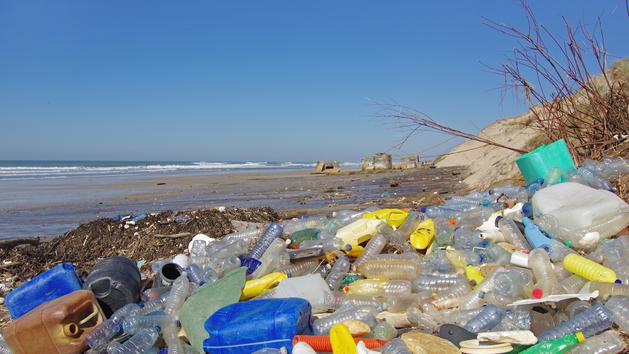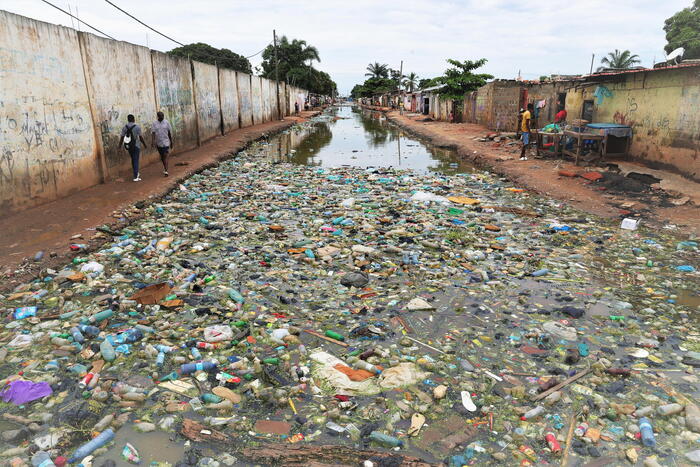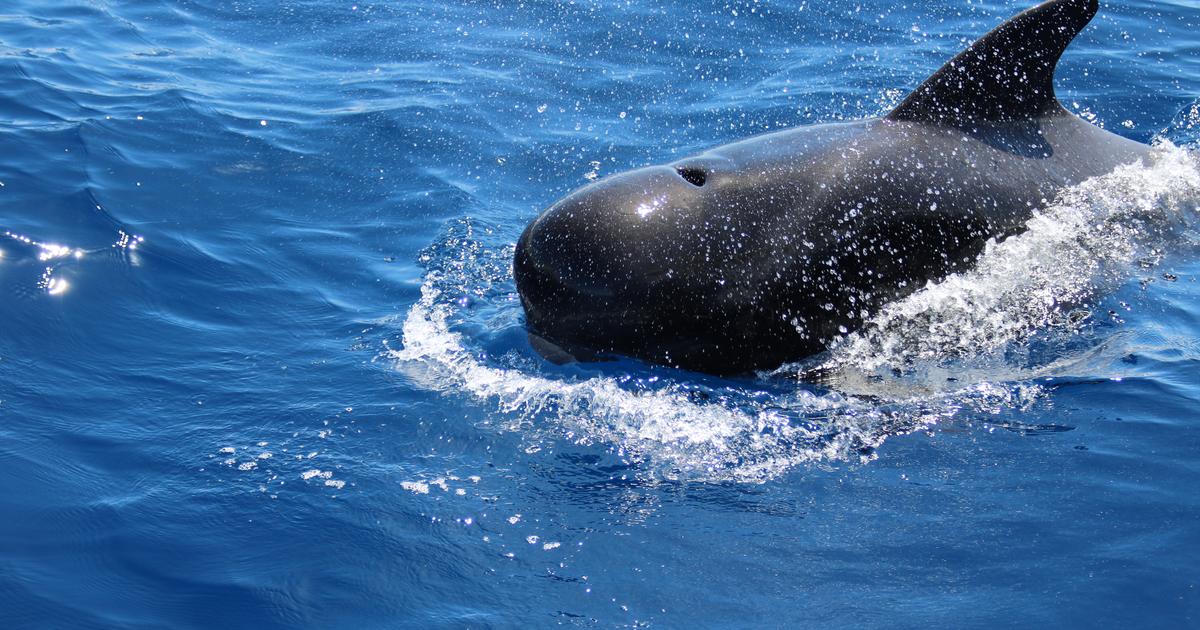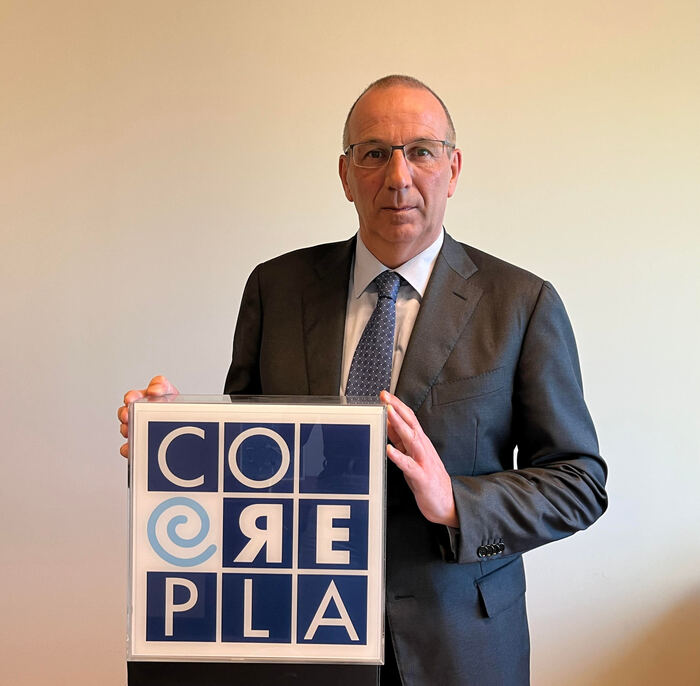Nearly 230,000 tonnes of plastic waste ends up in the Mediterranean each year, a figure that could double by 2040 without "
ambitious
"
measures
, warned on Tuesday the International Union for the Conservation of Nature (IUCN).
Read also: Invasion of plastic waste: "We must look reality in the face"
Egypt, with 74,000 tonnes dumped per year, Italy (34,000 tonnes / year) and Turkey (24,000 tonnes / year) are the countries that release the most plastic into the Mediterranean, according to a new report from IUCN .
In quantity per capita, Montenegro (eight kg per person per year), Bosnia and Herzegovina and North Macedonia (both with three kg / year / person) are in the lead.
In total, "
around 229,000 tonnes of plastic waste are dumped into the Mediterranean Sea each year - the equivalent of more than 500 shipping containers per day,
" IUCN said in its statement, pointing to poor waste management. as responsible for 94% of the plastic found in the sea. "
Without significant intervention, this pollution will continue to worsen to double and reach 500,000 tonnes by 2040
", estimates the organization, judging that we need “
ambitious measures beyond current commitments
” by countries.
"
Plastic pollution is a source of long-term damage to terrestrial and marine ecosystems and to biodiversity
", in particular for "
marine animals which can get stuck or swallow plastic waste and end up dying of exhaustion and hunger
", recalled Minna Epps, director of the Marine and Polar Program of IUCN, an organization known for its red list of reference on threatened species.
Read also: Carbios, French nugget in plastic waste recycling
According to this report, better waste management in the 100 most polluting cities could reduce the release of plastic into the Mediterranean by 50,000 tonnes per year.
The ban in particular of certain products such as plastic bags would prevent the rejection of another 50,000 tonnes of waste.
"
Governments, the private sector, research institutes, (...) industries and (consumers) must work together to rethink processes and supply chains, invest in innovation and adopt consumption patterns sustainable and improved waste management practices to stop the flow of plastic contamination
, ”insisted Antonio Troya, director of the IUCN Center for Mediterranean Cooperation, headquartered in Malaga, in the south of the Spain.















